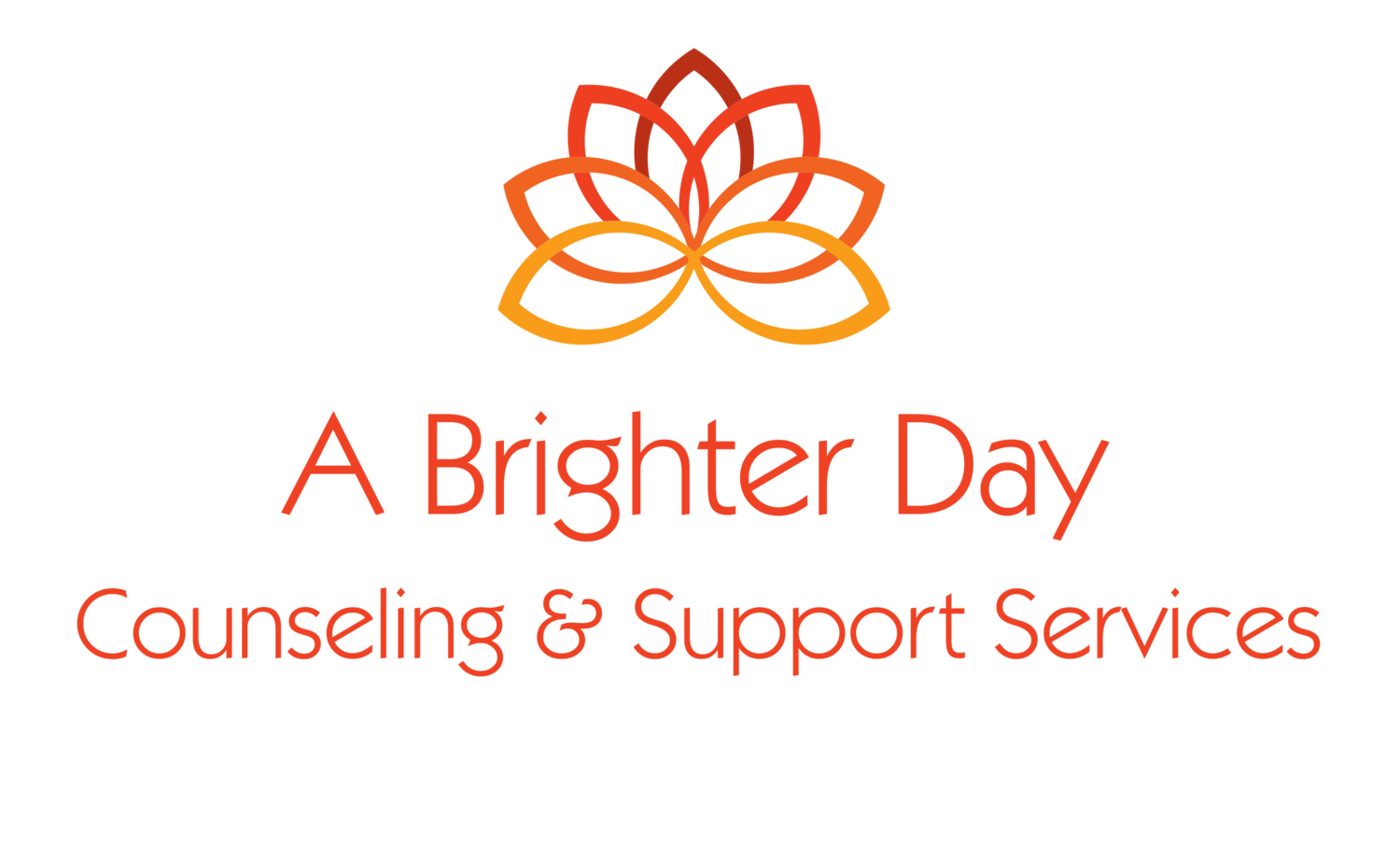Dialectical Behavior Therapy
Dialectical Behavior Therapy — What Is It?
Dialectical Behavior Therapy (DBT) is a form of Cognitive Behavioral Therapy (CBT) focusing mainly on guiding people to embrace the present, manage stress effectively, regulate emotions, and enhance interpersonal connections.
Beyond its general applicability, DBT has proven beneficial for those struggling with anxiety, depression, mood dysregulation, and a spectrum of other mental health challenges. Notably, DBT has proven highly effective in treating conditions such as Bipolar disorder, Borderline Personality Disorder (BPD), suicidal ideation, and self-harm.
The History Behind DBT
Dialectical Behavior Therapy (DBT) emerged as a groundbreaking development in psychology, conceived by Dr. Marsha Linehan in the late 1980s. Initially crafted to address the unique challenges of people with borderline personality disorder (BPD) — marked by intense emotional dysregulation, unstable relationships, and impulsive behavior — DBT quickly proved its efficacy.
Today, DBT plays an integral role in treating other mental health issues such as anxiety, depression, PTSD, trauma, and mood dysregulation.
How Effective Is DBT?
According to the National Library of Medicine, international health guidelines endorsed by the American Psychiatric Association and the National Institute for Health and Care Excellence advocate for Dialectical Behavior Therapy (DBT) as an evidence-based intervention for individuals diagnosed with BPD.
Furthermore, research indicates that the skills taught in DBT have been identified as significant contributors to improvements observed in various areas, including suicidal behavior, non-suicidal self-injury, depression, anger control, and emotion dysregulation, both within standard DBT and during DBT skills training. (1)
I can attest to the remarkable changes DBT can make in someone’s life. I learned DBT to be a support to a family member. It was a transformative experience and I believe DBT is really for everyone, even if they do not identify with a mental health condition.
DBT Treatment Process
In therapy sessions, you are welcomed into a safe space where you can freely share your story, uninterrupted. DBT treatment at A Brighter Day Counseling & Support Services is gender-affirming and neurodivergent supporting.
Sessions typically last 55 minutes, and there is no traditional intake process. Instead, I initiate the therapeutic journey by delving into your goals for therapy and where you’d like to see personal improvements.
My approach involves skillfully aligning my therapeutic techniques with your specific needs, and providing personalized, client-centered, and strength-based sessions. I am devoted to supporting you and meeting you where you're at while helping you address what is currently happening in your life.
In DBT, you get to learn how to take charge of your own treatment. You’ll be in the front seat as you learn important lifelong skills like:
How to recenter and ground your emotions
Effective communication
Self-care
Check-ins
Mindfulness
Increasing tolerance for patience
DBT is a great treatment approach not only for individuals but couples, and families too. For individuals, I focus on helping you regulate your emotions and build tolerance. For couples and families, I mainly work on improving how you interact with each other and handle your emotions together.
In sessions, I may use other modalities, like
Client-Person-Family-Centered Therapy, which is all about focusing on you and your family unit.
Strength-based Therapy, where you focus on the positives in the face of adverse situations.
Family Systems Therapy, which involves exploring family dynamics and improving how you interact with one another.
Acceptance & Commitment Therapy (ACT), where you learn to stay in the moment and accept thoughts and actions without judging.
Emotionally Focused Therapy (EFT) focuses on attachment bonding in relationships and helps you learn how to strengthen yourself and handle emotions in a positive way.
Psychodynamic Therapy, entails looking at your past to understand how it affects your present.
In addition to these, I also incorporate assessments into my practice such as the PHQ9 and GAD7 to gauge your well-being effectively. For your convenience, the Blueprint app—a versatile daily journal that you can utilize at any point during our sessions is also provided.
DBT is a life-changing journey and I will support you every step of the way as I coach you in skills that you can begin to use after only one session with me. I will also work with psychiatrists, medication prescribers, and primary health care providers. If you feel you need additional support you may bring in family, friends, and significant others to help you through your therapeutic journey.
You Can Regain Self-Compassion Through DBT
If you are struggling with anxiety, trauma, depression, suicidal ideation, or other mental issues, DBT with A Brighter Day Counseling & Support Services can help you manage distress and achieve acceptance and peace of mind. To learn more about how my approach to DBT can help you schedule a free 15-minute consultation, call (248) 770-8906.


